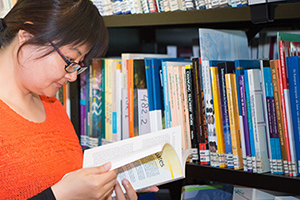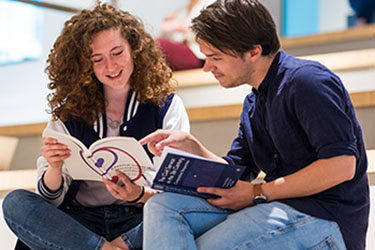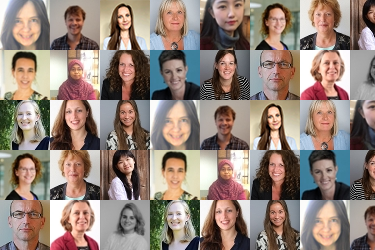Parenting, Child Care and Development
The programme group Parenting, Child Care and Development studies how parents and other educators affect children's development, well-being and health. The emphasis is on the child's social, emotional and cognitive development and prevention of problems in these areas.
The goal is to contribute to the optimal development of children. This is done not only by researching parenting and developmental processes, but also by developing and testing preventive intervention programs.
The programme group also teaches on these topics within the Education and Child Studies programme.




